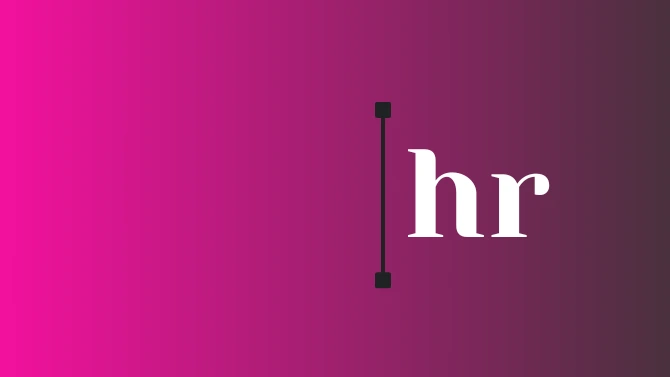
What does HR do? What are HR responsibilities within a business? We all know it’s an important department but do you know why?
Employees are the single biggest asset of any business. HR has a key role in supporting employees in their work life cycle and enabling them to thrive. Which leads to huge benefits to the business.
What does HR stand for?
What does HR stand for? It is a common question and it’s an acronyms/abbreviation for “Human Resources.” It’s quite literally a resource for humans and is there for support and generally responsible for all things people worker-related. So, now what does HR do?
Engaging and Enabling Employees
Supporting employees is a central role for human resources. Disengaged and unhappy employees can be costly to a business it is estimated to be a staggering $450–550 billion every year in lost productivity just based on the USA alone!
Study after study identifies as much as a third of employees aren’t actually truly engaged at work. Research carried out by The Engagement Institute: DNA of Engagement. Discovering how certain motivations, business incentives, clearly defined expectations, and personalities drive employees to fully engage with their jobs—or not as the case may be.
What does HR do? Human resources are responsible for employees recruitment, training and administering employee benefits. Employees are a considerable part of an organisation; hence protecting them should be a priority.
By doing this, employees are engaged, and this promotes productivity. Notably, human resource plays a crucial role in supporting employees. Therefore, companies should pay more attention to building a healthy relationship between human resources, managers and employees.
What does HR do?
What does HR do and what are the key roles of the human resources department is responsible for? What do HR do and their responsibilities within the business?
Recruitment: Attracting prospective new employees and recruiting for new positions.
Hiring: Hiring the right person for the job.
Performance Appraisals: Evaluating and assessing people’s skills, achievements, and growth within the team and business.
Payroll: The process where employees receive their salary. Every payday needs a number of calculations, taxes, hours worked. Salary, bonuses, and benefits deductions calculation.
Reimbursement of expenses.
Learning & Development: Training programs, and career development needs. Improving skills in individuals and team building. Personal development planning.
Promotions: Job promotion policy, clarify pay adjustments
Disciplinary: Disciplinary, grievance, harassment and bullying to name but a few of the difficult areas that need to be addressed with employees.
Maintain Records: Legal requirement is maintaining HR records.
Records: Personal staff records, personnel files, accident books, accident reports, first aid training, fire warden, account records, Health and Safety training, tax records, retirement benefit, maternity benefits, annual holidays
This includes maintaining personal data like hours worked, absences, pay details, overtime, personal details and emergency contacts. Personal data whether physical or electronic data requires careful protection under GDPR, Data Protection Act (DPA)
Keeping historic data: Example UK suggest at least 6 years to cover the time frame for bringing any civil legal action.
Update HR Policies: Update official policies and suggest changes. A written document that offers guidance on how issues should be handled with a detailed description of principles, legal rights and responsibilities of owners, managers and employees.
Documenting policies and procedures give consistency and ensure every process is treated the same.
Effective communication and implementation methods of policies ensure their effectiveness.
Human Resources Support Employees
The various ways HR provide support for employees:
Career Growth: HR provides professional advancement and success to businesses. Essentially, HR focuses on the employee and the right way to assist in the process of attaining the main objective.
Workers generally feel more connected when they are aware that others are there to support their progress and offer guidance in achieving realistic professional objectives while satisfying the organisation’s central goal—aligning the employee’s career objectives with the main objectives of the organisation assists in accomplishing its objectives as well as benefiting the organisation in the same process.
Training Support: Furthering employees’ education. The business may give educational assistance and can help figure out which classes and projects would be the best to help advance their career path. This assists the employee to identify areas of development.
Supporting Health and Employee Wellbeing: HR plays a crucial role in supporting the well-being and health of an employee. Employees are human resources. Therefore, they will require help enduring psychological and mental health, medical problems, and a bunch of other life events. HR can help workers through any of these and different conditions.
Help Employees and Business to Thrive
HR support for employees has a positive impact on any organisation, and it exists to help employees thrive. Also, HR helps support the emotional and career needs of employees.
Employees are arguably the most important assets in any business. The employee’s decisions that human resource managers make have the ability to determine the future of a particular company. The human resource department heavily contributes to the company’s culture.
Human resource management assists an organisation in gaining a competitive advantage. It is also designed to maximise the performance of employees which will lead to a business achieving its goal.
HR genuinely cares about the development and well-being of employees.